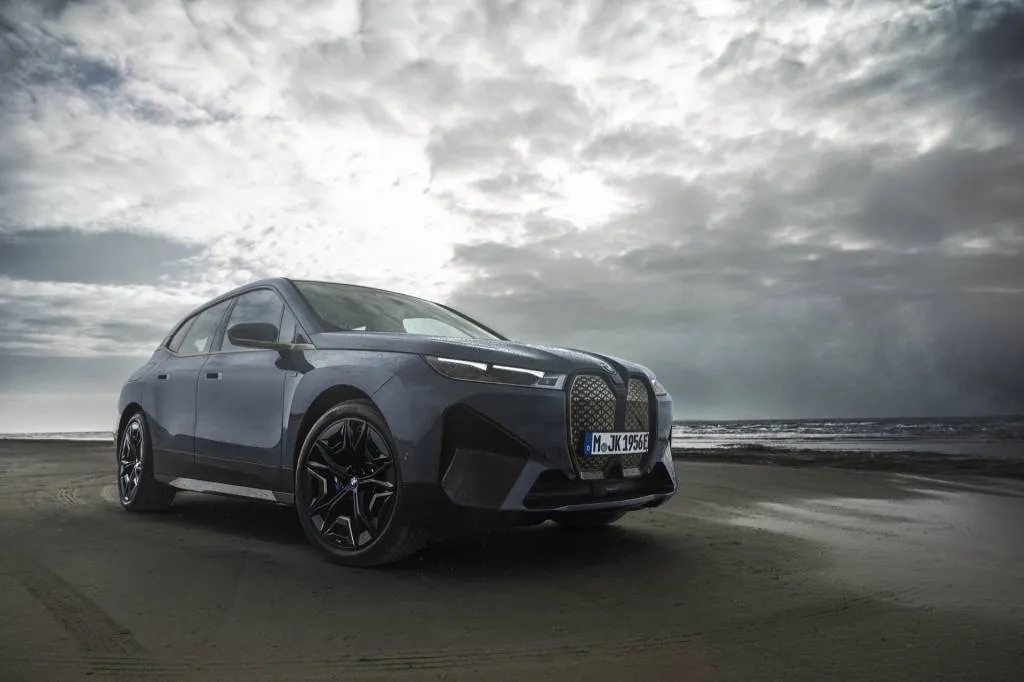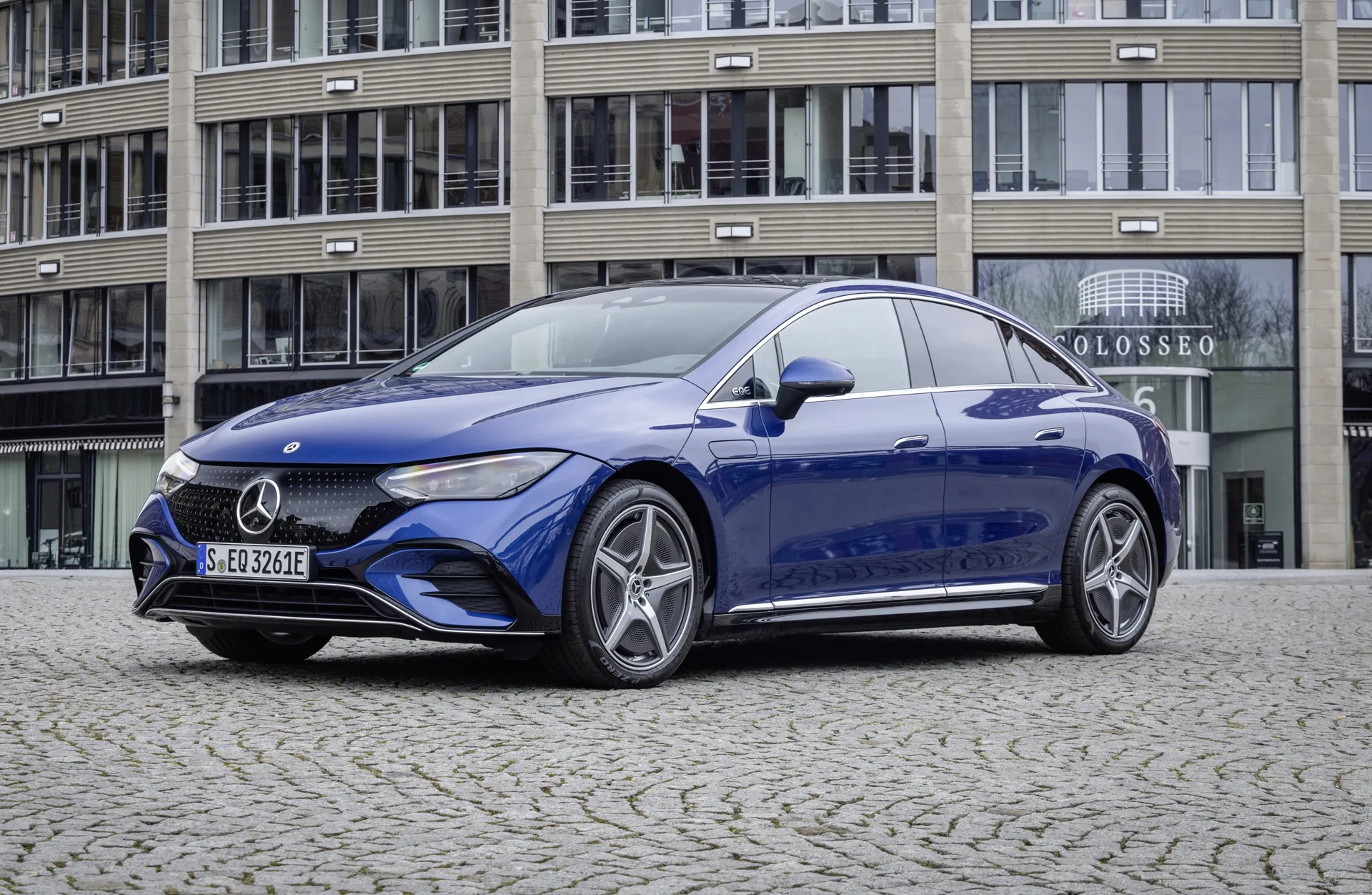It’s a complicated time for the nation’s largest EV market. California EV sales increased in the first quarter of 2024, but market share still fell, according to a new quarterly report from the California New Car Dealers Association (CNCDA).
The absolute number of EVs sold in California grew from 89,741 in the fourth quarter of 2023 to 90,296 in the first quarter of 2024, the report found. But EV market share still decreased from 21.5% at the end of 2023 to 20.9% in Q1 2024. That’s because new-car registrations grew overall, with even more non-electric vehicles being sold. The rise of EV sales by volume rather than share is a trend that continues from the previous quarter.
2024 Tesla Model Y. – Courtesy of Tesla, Inc.
Tesla’s EV sales lead in California also continues to shrink, the report found. Tesla registrations were down 7.8% from the previous quarter, which itself saw a 9.8% decline in registrations for the once-California-based automaker.
Without a deeper dive into the trends, it might be argued that sagging Tesla sales, not sales of EVs of other brands, are what have caused the recent flattening for EVs in California and elsewhere. That’s because Legacy automakers are selling more plug-in vehicles, the report noted. Mercedes-Benz and BMW saw the highest increases in California in Q1, posting 3% and 2.4% gains, respectively.

2024 BMW iX
EV sales through franchised dealerships also increased 14% in Q1, while direct sales—the model used by Tesla and some startup automakers—saw a 3% drop. Franchised dealerships account for 66% of “alternative powertrain types” in California, according to the CNCDA.
Even with EV sales rising in the rest of the country, California remains near a third of the nation’s EV sales. And even with this market-share hiccup, in the state, one of four new vehicles sold in California has a charge port—although some are plug-in hybrids rather than all-electric models.
Read the full article here




